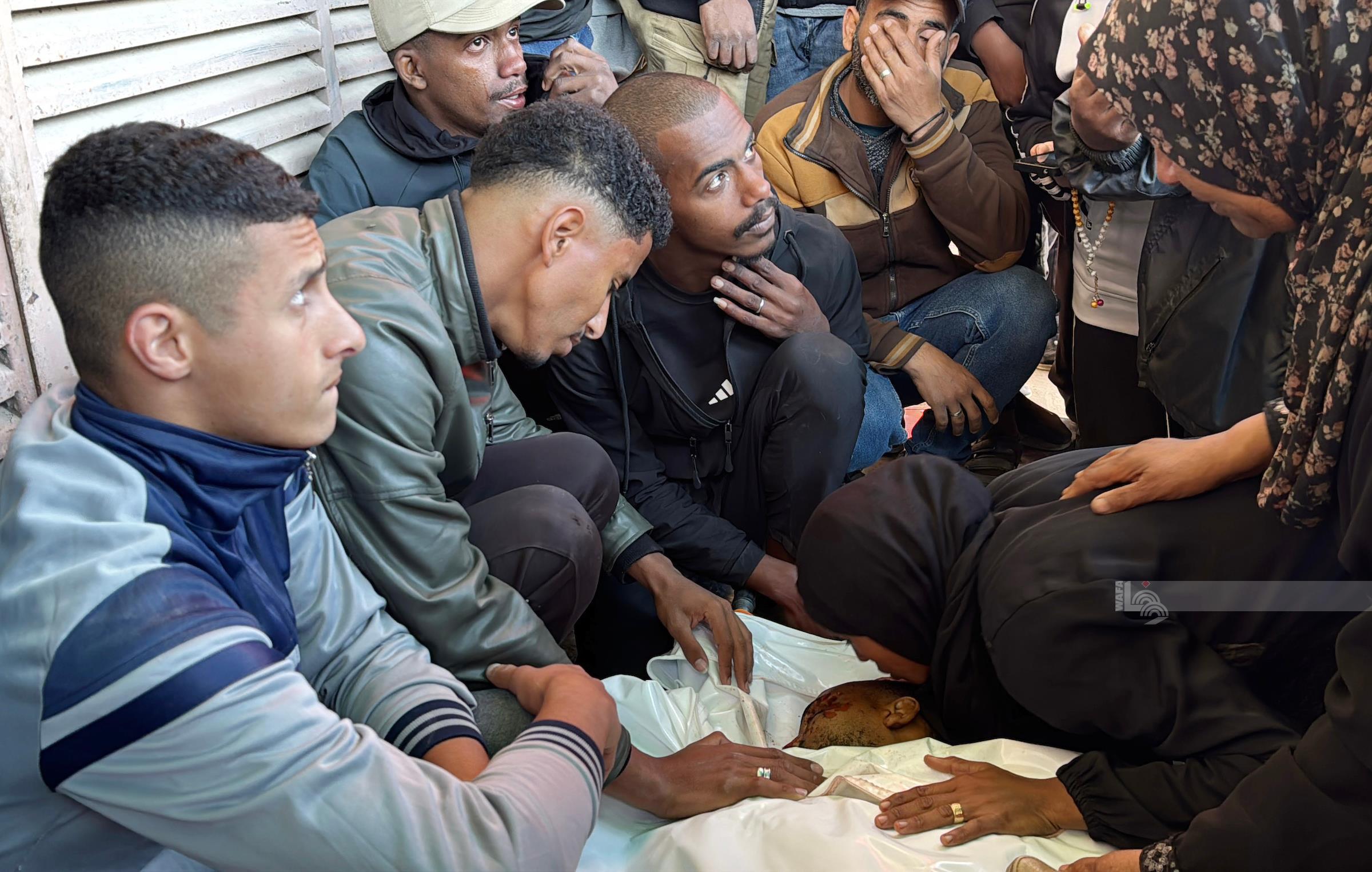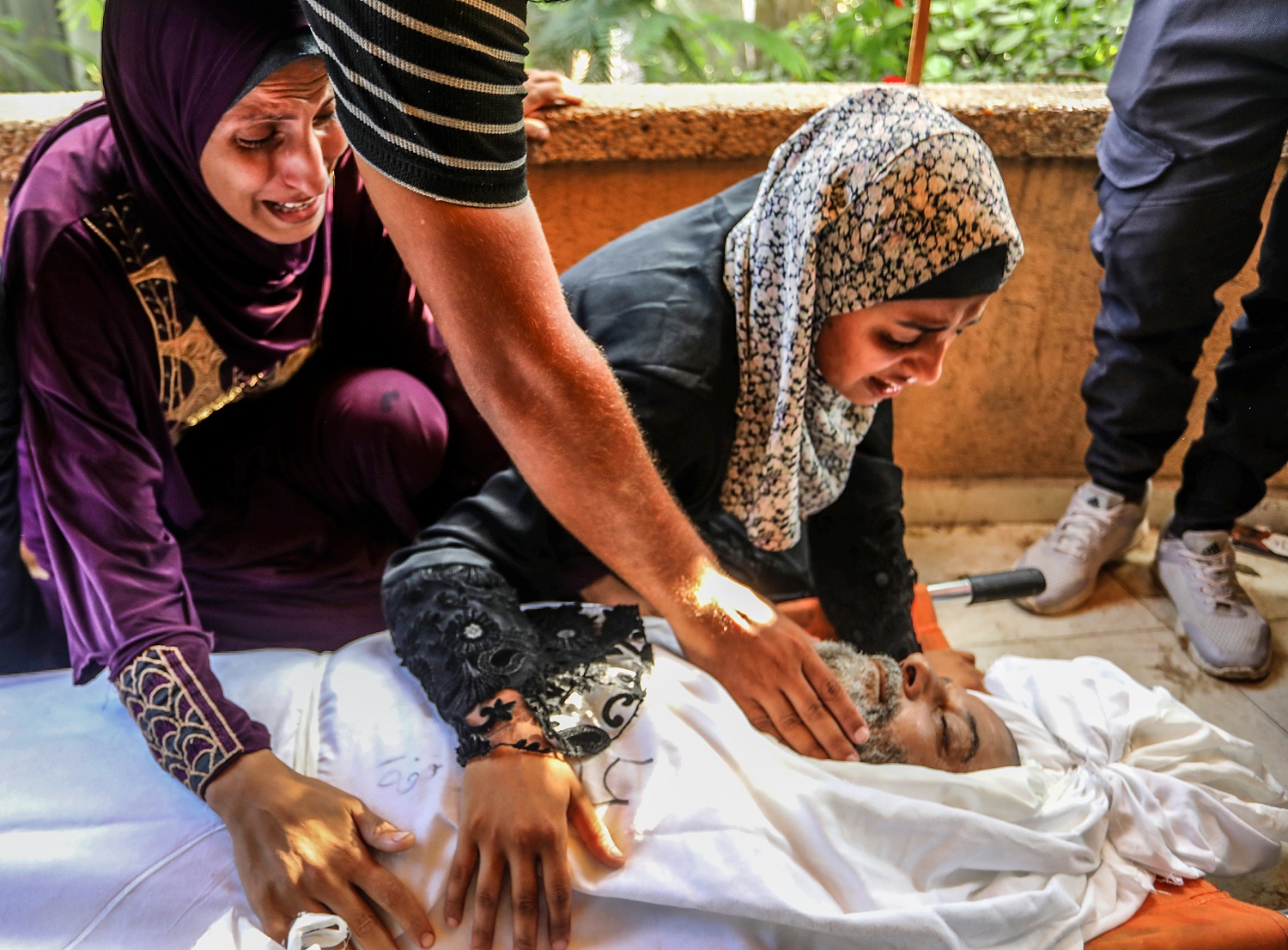Important News
- Israeli forces demolish two-story home, industrial facility in Rafat near Salfit
-

- Israeli colonists assault Palestinian woman in Masafer Yatta; army detains five in Hebron raids
-

- Israeli forces raze Palestinian land in Bethlehem-area-town to build new colonial road
-

- Senegalese PM affirms Palestine support during delegation meeting
-

- Colonists destroy water pipeline supplying six villages south of Nablus
-

- Occupation forces storm neighborhood Jenin, raid home
-

- Weather: Very hot conditions, rise in temperature
-

- Palestinian man killed by Israeli forces near Jenin
-

UNICEF: 60% of Emergency Requirement is Directed towards Gaza
JERUSALEM, August 30, 2006 (WAFA) - United Nations Children's Fund (UNICEF) said that its emergency requirement for projects directed to Gaza and West Bank is $22.7 million, of which $13.8 million (60%) is directed towards Gaza.
In a report issued Wednesday on the situation in the Occupied Palestinian territory and the projects implemented by UNICEF, the organisation added that the regular programme funds for West Bank and Gaza amount to $11.5 million, of which $4.3 million (40%) is for Gaza.
"Some $10.8 million had been received for the CAP appeal and some $6.4 million for the UNICEF Regular Programme. Accordingly, using the above formula, some $9.1 million would be available for action in Gaza or 50% of total needs. Approximately $4.2 million is in the pipeline for the CAP, but has not yet been confirmed", UNICEF said.
According to the report, life has deteriorated dramatically for children since hostilities broke out in Gaza, saying that the number of children killed in July alone (36) is among the highest monthly child death tolls since the beginning of the Intifada in September 2000.
UNICEF pointed out that children are living in an environment of extraordinary violence and insecurity.
"Caregivers report signs of acute distress among children. Children are afraid to play outdoors and have suffered from being confined to their homes during a summer with few opportunities for outdoor activities," UNICEF said.
Referring to Health, UNICEF said that Gaza's health system has been hit hard by water and electricity rationing resulting from the current crisis.
"All hospitals and half of primary health care (PHC) facilities now run on generators, substantially increasing maintenance, fuel costs and the risk of wastage. Maintaining the integrity of the vaccine cold chain system has been a challenge, vaccines have had to be repeatedly relocated to health sites equipped with reliable power sources," it added.
On water, the global organization revealed that most of the 120 water wells, the 33 sewage pump stations and the 3 waste water treatment plants managed by the Coastal Municipalities Water Utility (CMWU) were powered through the power station destroyed by the Israeli Air Force on June 28.
It made it clear that disruptions in water and sanitation services have increased the risk of communicable disease.
In addition, UNICEF said that education quality continues to be a major challenge.
"Schools lack basic materials, and few teachers have the skills set needed to create child-friendly learning environments. Most teacher training programmes have been put on hold or cancelled because of funding restrictions," it added.
H.M. (21:46 P) (18:46 GMT)










